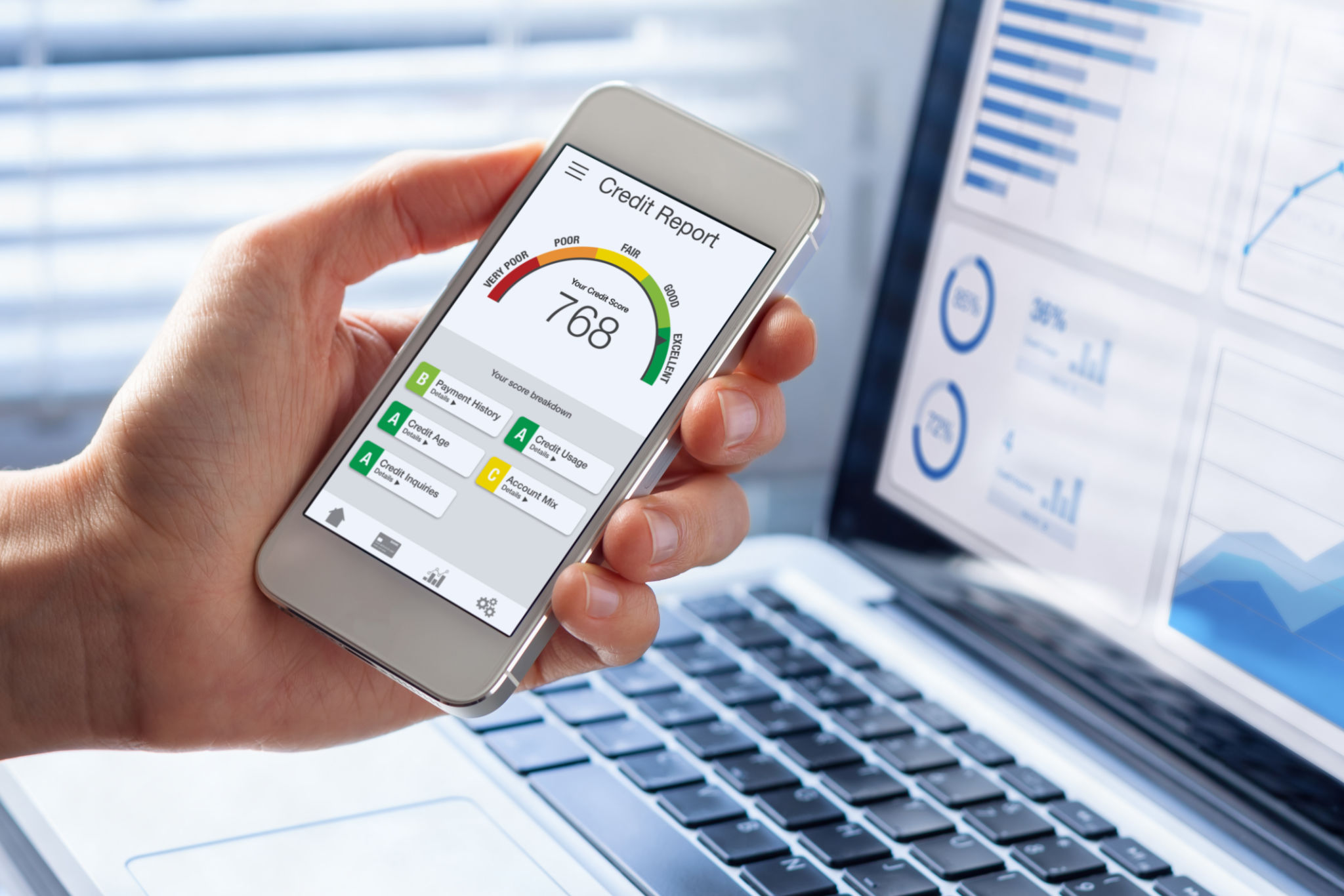Refinancing Your Home in Miami: What You Need to Know
CW
Understanding Refinancing
Refinancing your home in Miami can be a strategic financial move, potentially offering you lower interest rates, reduced monthly payments, or even access to home equity for other investments. However, before diving into the refinancing process, it's important to understand the basics and assess if it's the right choice for you.
Refinancing involves replacing your existing mortgage with a new one, often with different terms. This can be beneficial if interest rates have dropped since you first purchased your home or if your credit score has significantly improved. It's crucial to evaluate whether the benefits outweigh the costs involved in the refinancing process.

When to Consider Refinancing
There are several scenarios where refinancing might make sense. One common reason is to secure a lower interest rate, which can lead to significant savings over the life of the loan. Additionally, if you have an adjustable-rate mortgage (ARM), refinancing to a fixed-rate mortgage can provide more stability in your monthly payments.
Another reason to refinance is to change the loan term. For example, switching from a 30-year mortgage to a 15-year mortgage can help you pay off your home faster and reduce the total interest paid. Conversely, extending the loan term can lower monthly payments, providing more immediate financial relief.
Accessing Home Equity
Refinancing can also be a way to unlock the equity in your home. By opting for a cash-out refinance, you can receive cash for a portion of your home's equity, which can be used for home improvements, debt consolidation, or other financial needs.

The Costs of Refinancing
While refinancing can offer substantial benefits, it's essential to consider the costs involved. Closing costs for refinancing typically range from 2% to 5% of the loan amount. These costs include appraisal fees, title insurance, and origination fees.
It's important to calculate the break-even point—the time it takes for the savings from refinancing to cover the closing costs. If you plan to stay in your home beyond this period, refinancing might be a smart financial decision.
Qualifying for Refinancing
Your ability to refinance depends on several factors, including your credit score, income, and the amount of equity in your home. Lenders will evaluate these criteria to determine your eligibility and the terms of your new loan.

Finding the Right Lender
Choosing the right lender is crucial when refinancing your home. It's advisable to shop around and compare offers from different lenders. Consider not only the interest rates but also the terms and fees associated with each offer.
Online resources and mortgage brokers can also assist in navigating the refinancing landscape, providing insights and helping you find competitive rates.
Preparing for Refinancing
Before applying for refinancing, gather all necessary documentation, including income statements, tax returns, and details of your current mortgage. Being organized can streamline the application process and improve your chances of securing favorable terms.


